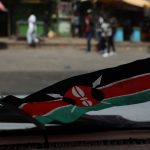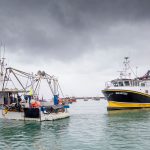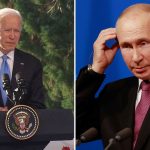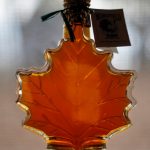The US is expected to announce new sanctions on Russia as early as today over the hacking of government agencies and alleged election interference.
Thirty entities are set to be blacklisted and about 10 Russian officials will be expelled as part of the measures, according to officials speaking anonymously to AP and Reuters news agencies.
It is partly retaliation over last year’s Solarwinds hacking attack, which infected the popular US-made software with rogue code and enabled access to at least nine government agencies and thousands of companies.
American officials believe Russia was behind the breach, identified in December, and officials are still assessing what information may have been compromised.
Microsoft president Brad Smith called it “the largest and most sophisticated attack the world has ever seen”.
Alleged Russian hacking in last year’s US presidential election is said to be the other motivation for the sanctions.
A US intelligence report last month said Russian President Vladimir Putin had probably instigated a failed effort to keep Donald Trump in power.
The White House and State Department have not yet spoken officially on the expected sanctions but President Joe Biden has not hidden his feelings towards President Putin.
Last month, he agreed in a TV interview that Mr Putin was a “killer” and tensions are rising further as Russian troops mass near Ukraine and in Crimea, the peninsula cut off from Ukraine in 2014.
The Kremlin last week hit back at what it called “the hostility and unpredictability of America’s actions”, with spokesman Dmitry Peskov saying it had to be “prepared for the worst scenarios”.
What new measures can achieve is unclear, as previous moves appear not to have been a deterrent.
Last month, seven Russian officials and about a dozen government entities were sanctioned over the nerve agent attack on Alexei Navalny, the prominent Russian opposition leader, and his subsequent jailing.
President Barack Obama also kicked out diplomats in 2016 in response to more hacking allegations in that year’s election, while Mr Trump took similar measures in 2018 over the poisoning of a former Russian spy in Salisbury.






















